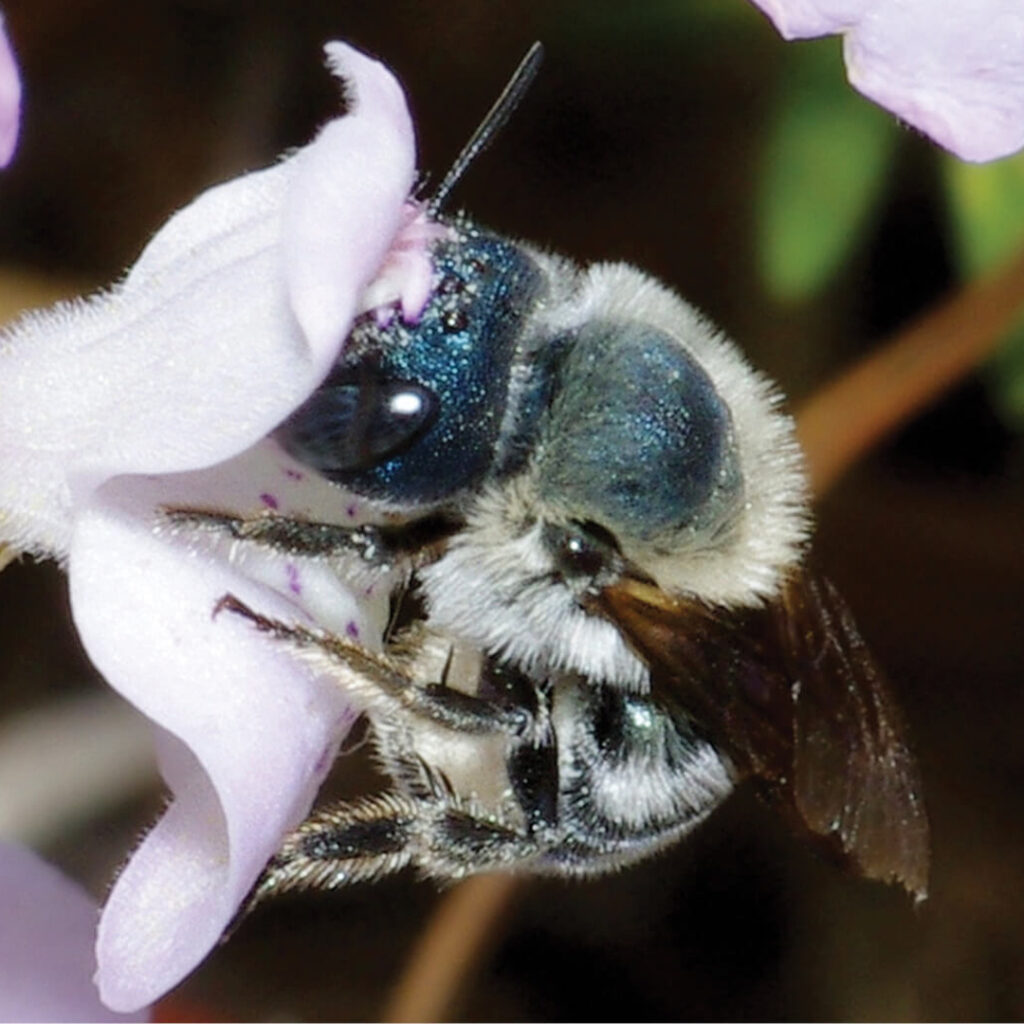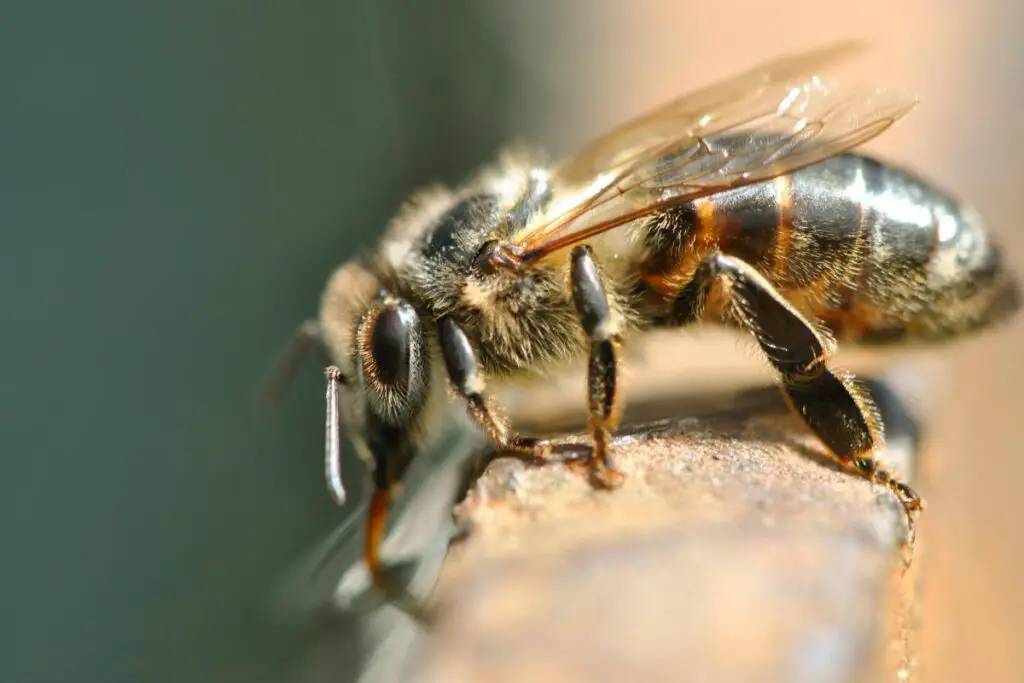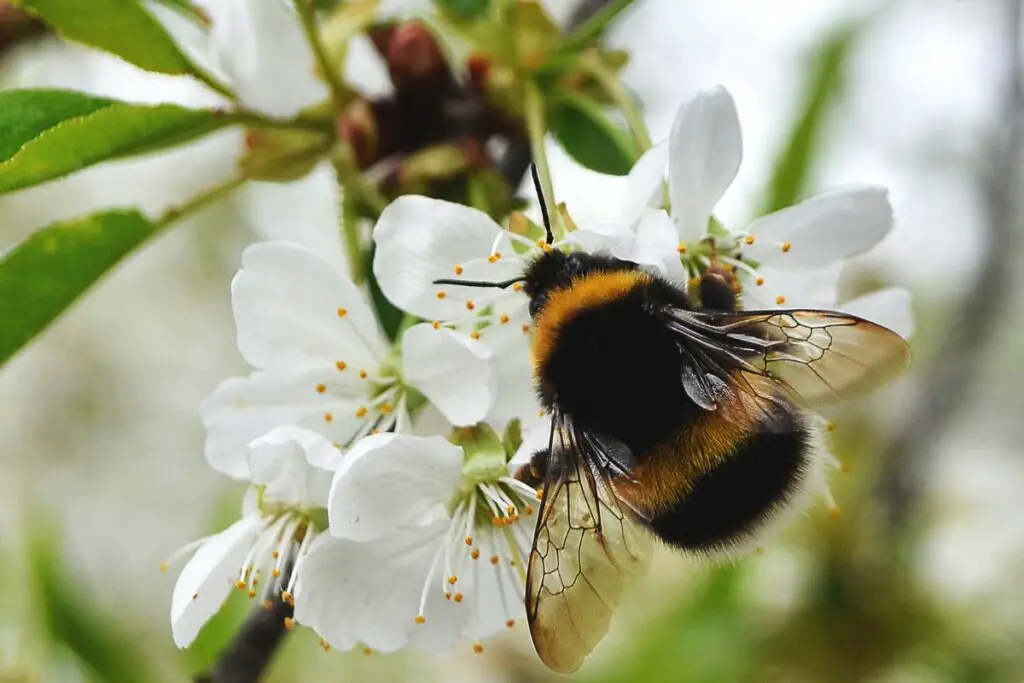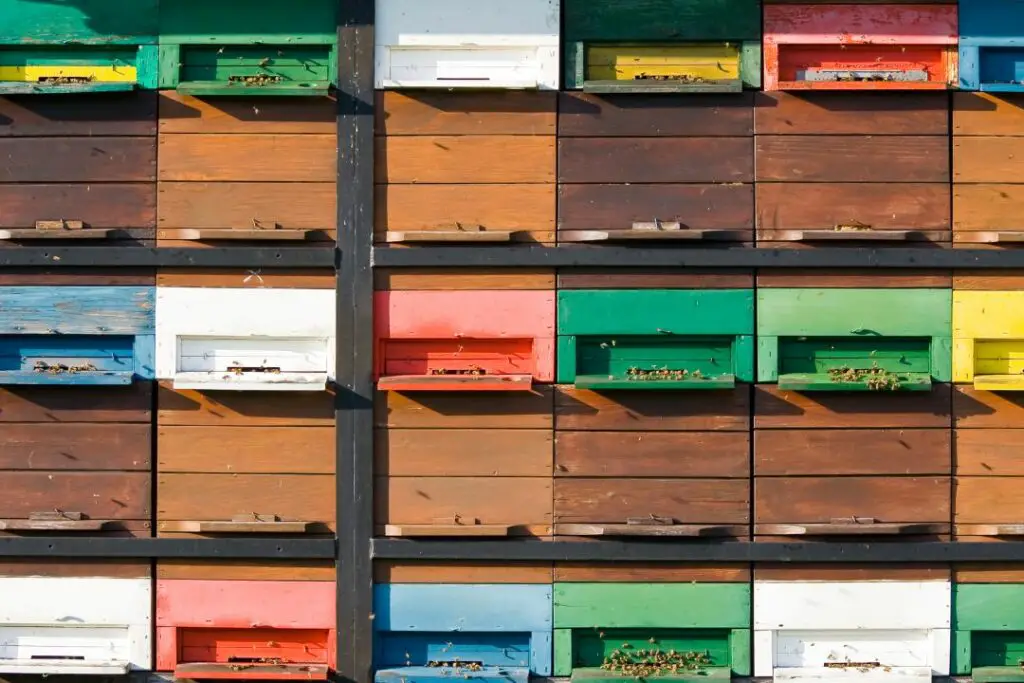Buzz, buzz! The Center for Biological Diversity is taking a stand, and it’s all about bees. They’ve officially announced their intent to sue the U.S. Fish and Wildlife Service.
Why? Because they believe the agency is slacking off when it comes to protecting four endangered bee species, including the American bumblebee. Let’s dive into the hive of this legal buzz.
Here’s a link to the formal Notice of Intent to Sue for Violations of the Endangered Species Act.
All four bee species are essential to pollinate 75% of leading food crops and 90% of wild plants. However, the Biden administration has not taken meaningful action to protect them, such as controlling the use of harmful neonicotinoid insecticides.
The decline of these species threatens not only our ecosystems but also food security and the health of native plants.
The Problem
“Your parents might have seen American bumblebees buzzing around their gardens, but now, even experts can’t find them,” says Jess Tyler, a scientist at the Center.
It’s a grim picture, folks. Bees are the unsung heroes of our ecosystem, pollinating 75% of our top food crops and 90% of wild plants. Yet, the Biden administration hasn’t made any significant moves to protect these buzzing wonders.
American bumblebees, once found in 47 out of 48 lower American states, now inhabit only 35 states after a decline of 89% over the last two decades. Their decline is attributed to habitat loss, pesticide exposure, and diseases contracted from domesticated bee colonies.
Meanwhile, the Southern Plains bumblebee, native to the grasslands and open woodlands of the Great Plains, Midwest, and southeastern coastal plains, has become twice as rare compared to other bees and completely vanished from six states.
Why Bees Matter
- Food Security: Bees pollinate 75% of leading food crops.
- Environmental Balance: They’re essential for 90% of wild plants.
- Economic Impact: The loss of bees would hit agriculture hard.
The Decline
It’s not just the American bumblebee that’s in trouble. Nearly one in four bumblebee species in North America is on the brink of extinction. The culprits? Habitat loss, pesticide use, disease, and climate change. Even the American bumblebee, once a common sight, has seen its population drop by almost 90%.
The variable cuckoo bumblebee is one of the rarest native bee species in North America, with no confirmed sightings since 1999. This parasitic bee species relies on the presence of American bumblebees for survival, highlighting the impact of the loss of a single bee species on others.
The blue Calamintha bee, a metallic blue mason bee, depends entirely on two rare flowers found in central Florida’s fragile sand pine scrub ecosystems. This bee is under threat from habitat loss due to development, as well as pesticides, disease, and natural disasters.
The Bees in the Lawsuit
Here’s a quick rundown of the bee species that are part of this legal action:
| Species | Status |
|---|---|
| American Bumblebee | Population declined by 89%, now in 35 states |
| Southern Plains Bumblebee | Vanished from six states |
| Variable Cuckoo Bumblebee | No confirmed sightings since 1999 |
| Blue Calamintha Bee | Threatened by habitat loss in Florida’s sand pine scrub |

Legal Hurdles
The Fish and Wildlife Service isn’t completely off the hook. They’ve acknowledged that some of these bee species may warrant protection under the Endangered Species Act. But they’ve been dragging their feet, failing to make a decision within the required 12-month period.
Final Thoughts
Taking into account these factors, it’s crucial that we emphasise the importance of bumblebees and other pollinators for our environment, food supply, and overall well-being.
The Endangered Species Act is a vital tool to protect threatened species, and the U.S. Fish and Wildlife Service must take urgent steps to ensure the survival and recovery of these imperilled bumblebees.
The plight of bees is more than just a buzzword; it’s a crisis that affects us all. At Revive a Bee, we’re committed to making a difference with our bee revival kits. But it’s going to take more than just individual efforts. It’s high time for legal and governmental bodies to step up and protect these vital pollinators.
So, what’s your take? Are you ready to join the fight to save the bees? 🐝




